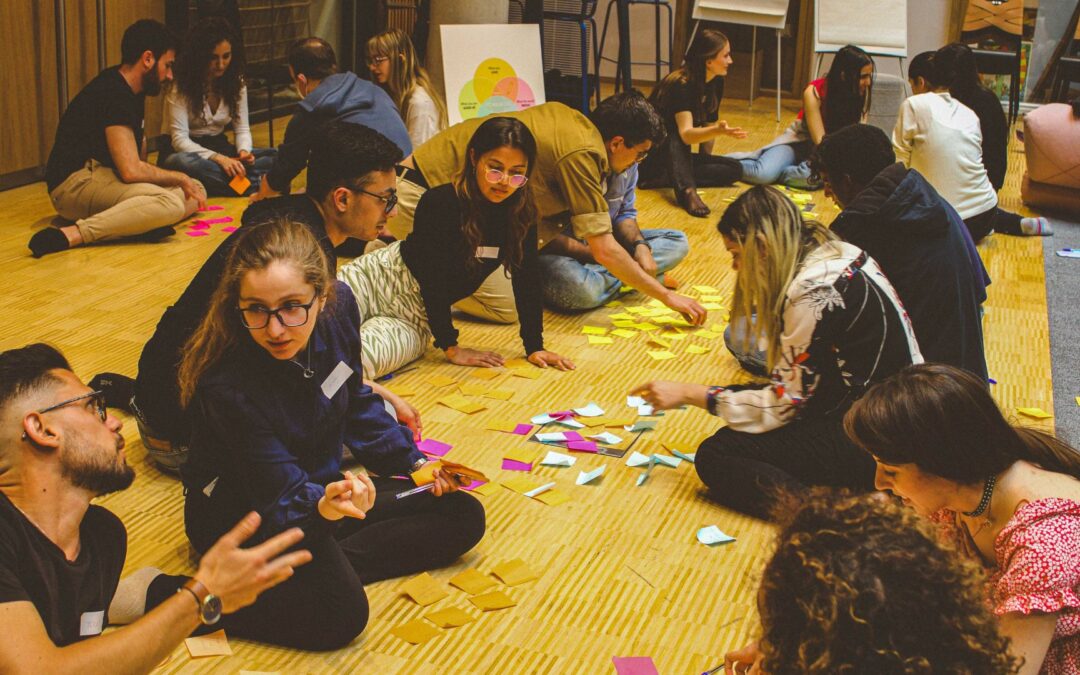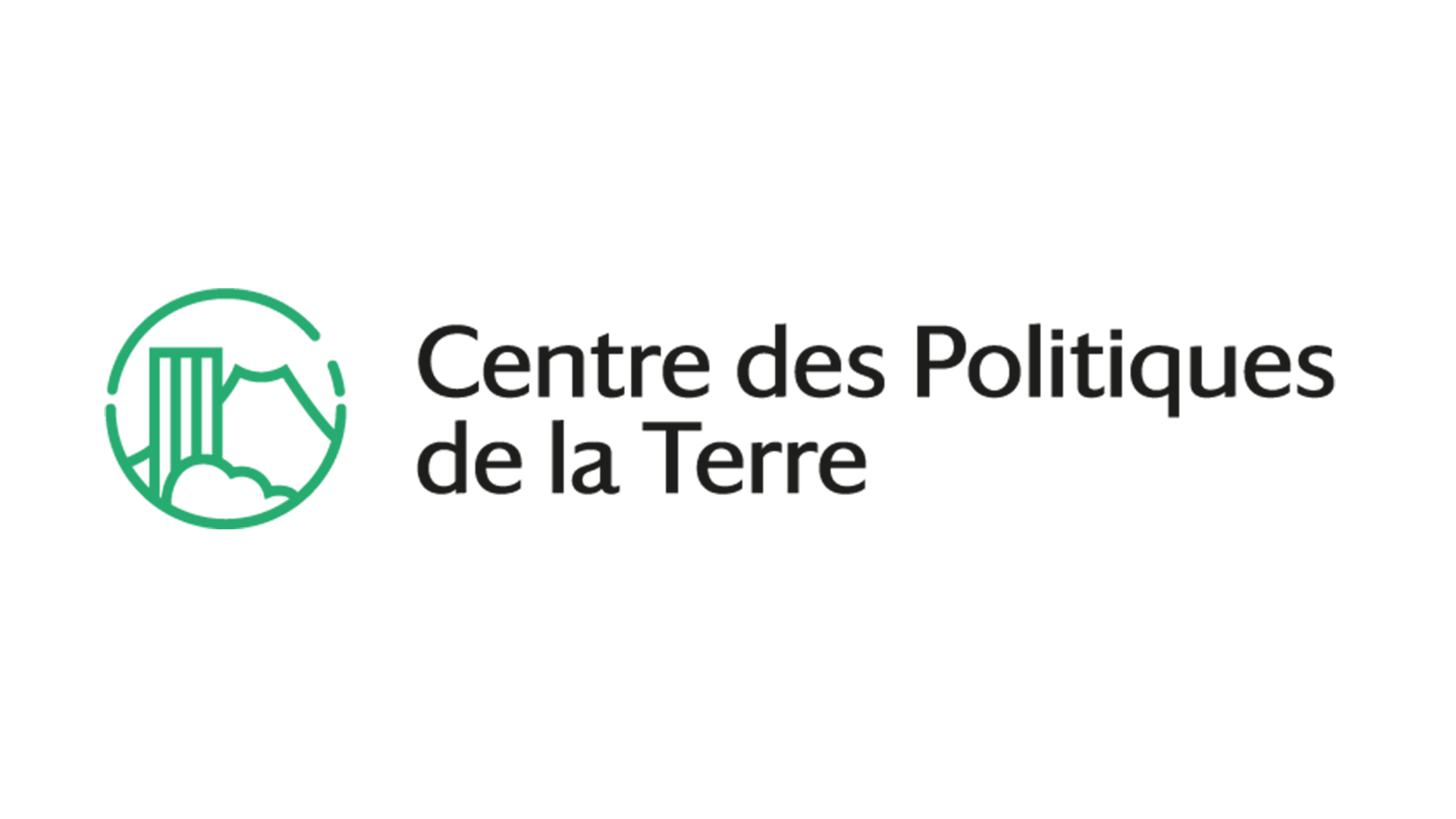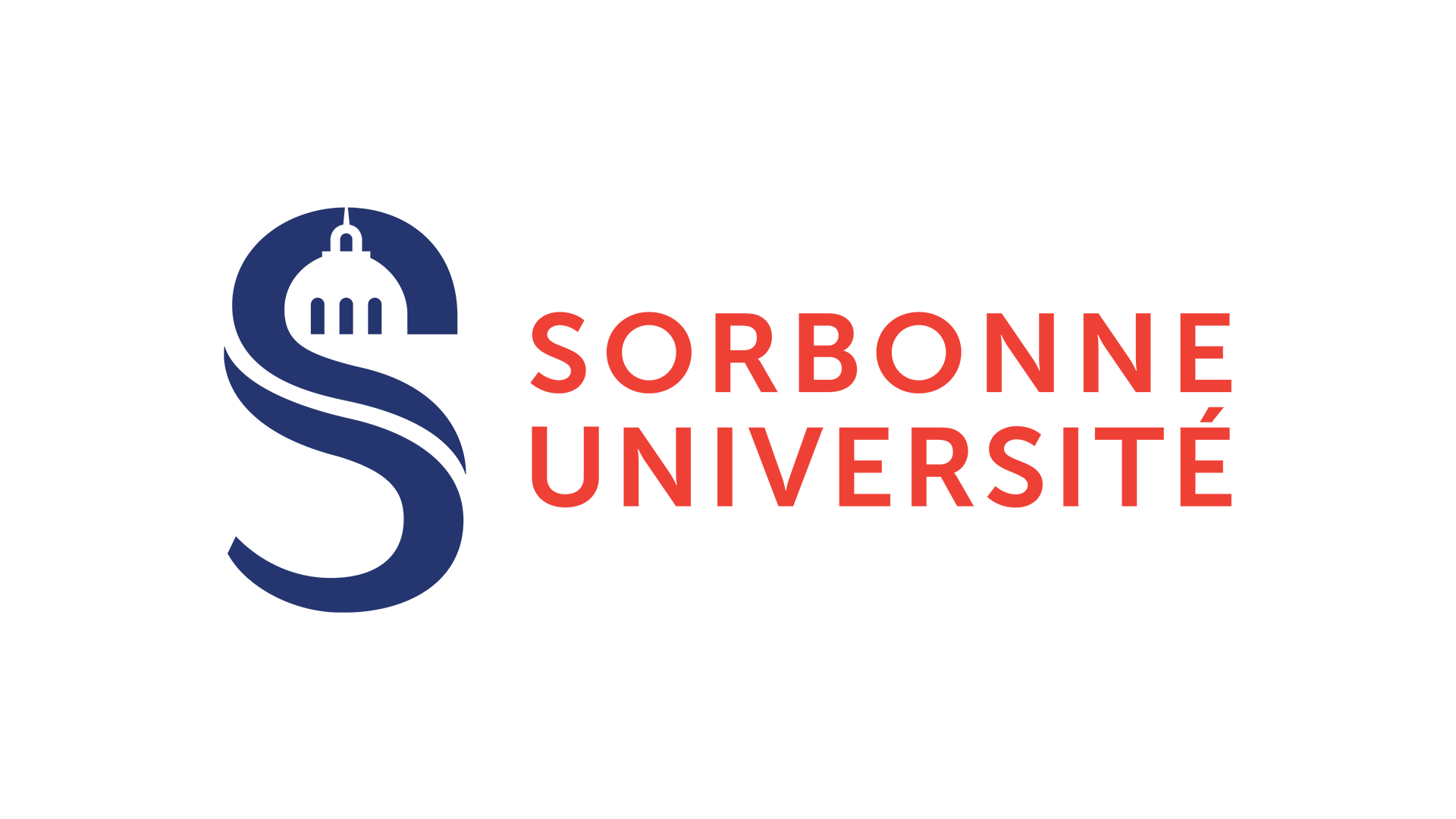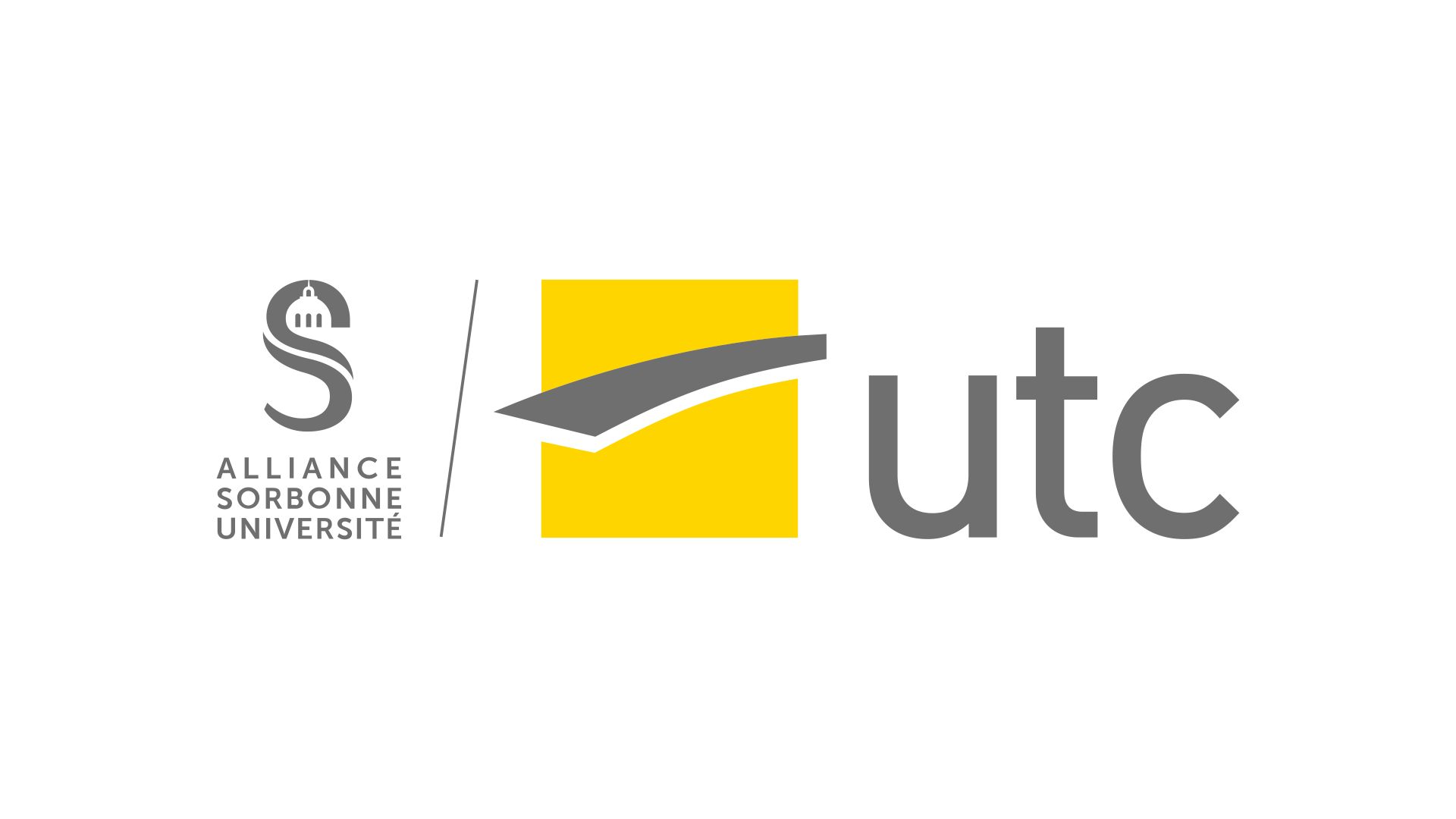Partners

By uniquely integrating these diverse aspects, the Graduate School of Sustainability and Transitions meets the increasing demand from students and both public and private organizations seeking to address significant societal challenges related to ecological issues. Beyond academic research, graduates will naturally find opportunities in companies, consulting firms, research organizations, local governments, ministries, international organizations, and NGOs (at local, national, or international levels).
Graduates from the Graduate School of Sustainability and Transitions programs will not only be able to theorize about the issues but also adeptly solve practical problems for various stakeholders across different scales. The active participation of high-level international students will contribute to fostering intercultural exchanges and building graduate networks, promoting regional and international mobility. Additionally, the master’s programs linked to work ensure enduring partnerships and sustainable professional prospects.
Our partners
Centre des Politiques de la Terre
CPT
As a symbol of the strong collaboration between Université Paris Cité (including its faculties and the IPGP) and Sciences Po, the Centre des Politiques de la Terre (CPT) strives to establish a research community that emphasizes the crucial intersection of natural and experimental sciences, along with humanities and social sciences.
The goal is to cultivate a comprehensive understanding of the intricate challenges posed by the Anthropocene.
EPOG+
Economic POlicies for the Global transition – Erasmus Mundus Joint Master Degree
The EPOG+ consortium comprises two types of partners: primary partners, which are institutions conferring degrees, with the awarded degrees contingent on the selected pathway; and associate partners, encompassing both academic and non-academic institutions.
Varied roles are assigned to associate partners, including hosting students during the final semester (semester 4), contributing to the array of available courses/seminars, or providing opportunities for internships. Each student can pinpoint an institution in Paris, Europe, or another continent aligned with their specialisation, specific subject, and regional interest. This institution will facilitate the acquisition of pertinent knowledge and skills.
Sorbonne University Alliance
Sorbonne University
The Sorbonne University Alliance, leveraging the diversity of its members, embraces a comprehensive approach to teaching and research.
Its goal is to democratize access to knowledge by fostering collaborative programs and projects in primary, continuing, and lifelong education across all disciplines. This approach extends to research, innovation, result utilization, and dissemination.
University of technology of Compiègne
UTC
The UTC, a public institution, was established in 1972 as an experimental university of technology. It consistently earns high rankings as a leading engineering school, excelling in training, research, international engagement, and collaboration with businesses. Innovation is ingrained in its missions and values, positioning the UTC as an innovative model from its inception.
The governance of the UTC includes representatives from the institution, as well as industrial and regional partners, in key strategic decisions. Through partnerships with institutional, economic, and social entities, the UTC converts its academic strengths into concrete advantages for the region, defining shared strategic directions.
Read more
![[International PhD] The University of Toronto and UPCité launch a new joint call for proposals](https://sustainability-transitions.u-paris.fr/wp-content/uploads/sites/13/2025/06/Appels_a-1080x675.jpg)
[International PhD] The University of Toronto and UPCité launch a new joint call for proposals
The University of Toronto and the Université Paris Cité and are launching a joint call for proposals in order to further develop their research collaboration and doctoral program strength.

Studying in a Université Paris Cité Graduate School
Graduate Schools combine master’s degree and doctorate programmes, supported by research laboratories. This means that students can work on a wide range of relevant problems, benefiting from the diversity of these courses and the feedback of students who have…

Three New Graduate Schools at Université Paris Cité
Graduate Schools strengthen the ties between education and research and also contribute to the national and international reputation and appeal of Université Paris Cité. Bringing master’s and doctoral courses together, they offer cross-disciplinary teaching…

3D Printing, Data and Neuroscience, A Rewarding Combination at the Graduate Schools
This summer, the Graduate Schools of Université Paris Cité organised multidisciplinary events designed to develop the knowledge and skills of its masters, researchers and…




